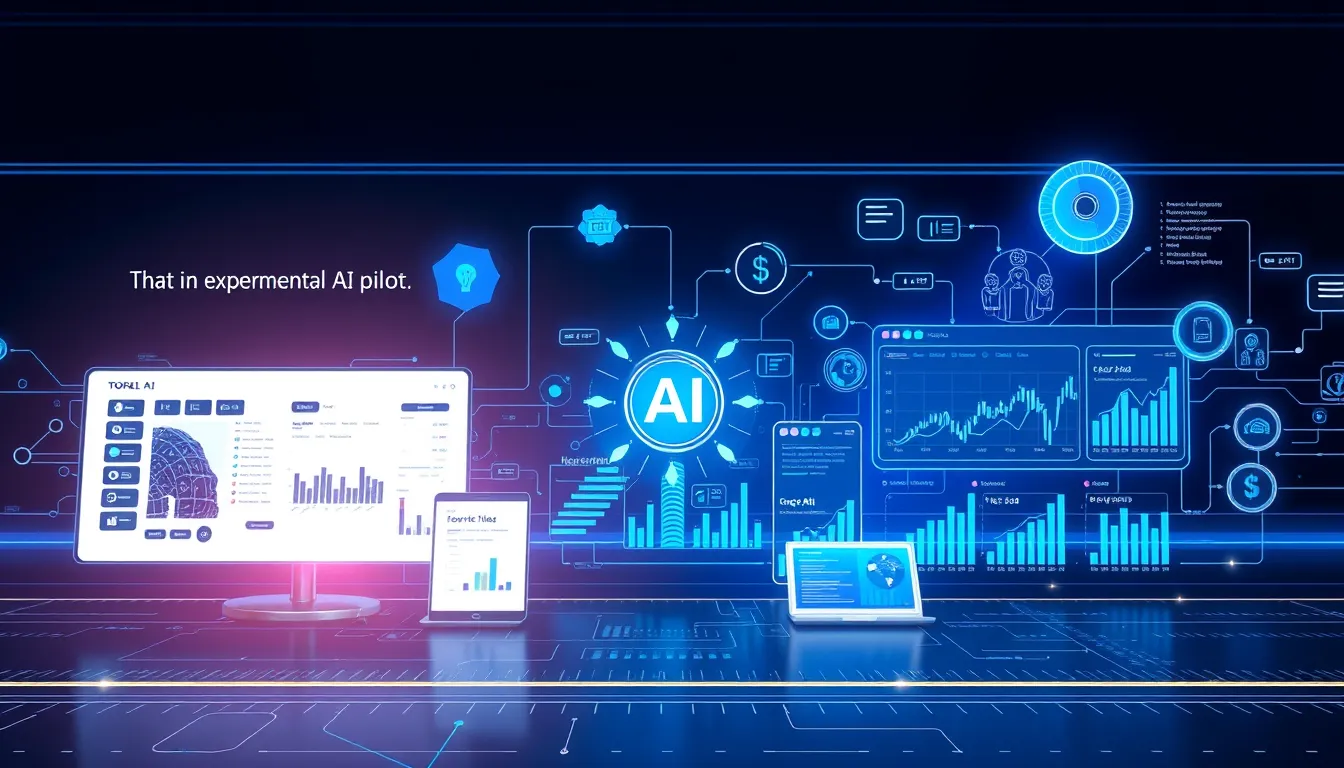Now Reading: Meta AI Coding Tests: Transforming Technical Recruitment
-
01
Meta AI Coding Tests: Transforming Technical Recruitment
Meta AI Coding Tests: Transforming Technical Recruitment

Meta AI Coding Tests: Transforming Technical Recruitment
In today’s rapidly evolving technological landscape, the integration of artificial intelligence (AI) into technical assessments is transforming traditional coding evaluations. Companies like Meta have begun to implement innovative solutions such as Meta AI coding tests to redefine the recruitment process. These assessments are not only modernizing the way technical talent is sourced but also emphasizing the importance of adaptive problem solving and creative collaboration.
The Evolution of Coding Interviews and AI Integration
Traditional coding interviews have long been the standard way to evaluate a candidate’s ability. However, they often focus on rote memorization and theoretical knowledge instead of practical, real-world problem-solving. With the advent of advanced AI recruitment tools, the paradigm is shifting. Meta AI coding tests, for instance, are specifically designed to merge human creativity with machine learning efficiency. This hybrid approach mimics modern work environments by integrating digital recruitment innovation into the testing process.
How AI Tools Are Reshaping Technical Recruitment
Recruiters have noticed a dramatic shift when incorporating AI tools in coding tests. As digital recruitment innovation becomes more prevalent, technical assessments now include supportive digital assistants that can:
- Provide contextual coding hints
- Suggest best practices in real time
- Help debug and optimize code
This transformative method gives recruiters a clearer picture of a candidate’s capability to work alongside artificial intelligence. Not only are candidates evaluated on raw coding skills, but also on how effectively they can collaborate with AI systems, making these tests highly relevant in today’s AI-driven tech landscape.
Benefits of Meta AI Coding Tests
Meta AI coding tests present a new benchmark for technical recruitment, enriching the hiring process in several key ways:
- Enhanced Assessment Accuracy: By combining traditional coding evaluation with AI-driven insights, these tests minimize human bias and provide a comprehensive view of a candidate’s technical ability.
- Real-World Application: Candidates gain exposure to an AI-enabled environment that closely resembles actual job scenarios. This ensures that their problem-solving methods are well-suited for real-life challenges.
- Encouraging Innovation: These tests promote creative problem-solving and strategic thinking, essential skills in today’s digital recruitment innovation era.
Moreover, the use of long-tail keywords such as “using AI tools in coding tests” and “how AI assists in coding interviews” demonstrates that modern assessments benefit from the synergy between human ingenuity and technological support.
Addressing Concerns Around AI-Assisted Evaluations
While the introduction of Meta AI coding tests has been largely lauded, it has also sparked a discussion about potential pitfalls. Critics express concerns that heavy reliance on AI might mask a candidate’s inherent ability. However, experts argue that the incorporation of AI is not intended to replace fundamental coding skills but to serve as an augmentative tool. Meta’s approach ensures that candidates are evaluated based on both their technical prowess and their capacity to effectively integrate AI assistance into their workflow.
Real-World Applications and Industry Impact
As more companies adapt to digital recruitment innovation, the influence of AI in technical assessments continues to grow. Notably, the following points highlight the broader industry impact:
- Transitioning from closed-book tests to open, AI-augmented coding scenarios
- Highlighting the importance of team collaboration via digital recruitment tools
- Setting industry standards for how technical assessments can evolve
Meta remains at the forefront of this revolution, setting a compelling example for tech giants and startups alike. With the official website (https://about.meta.com) providing further insights into their initiatives, the company continues to lead the conversation on AI-driven technical recruitment.
Integrating Digital Assistants in Technical Evaluations
Meta AI coding tests integrate state-of-the-art digital assistants that help candidates navigate complex coding challenges. These digital tools not only improve testing accuracy but also help individuals build relevant skills that mirror the demands of modern software development environments. This is particularly important as many organizations shift towards leveraging AI in day-to-day operations, thereby necessitating a workforce proficient in using AI recruitment tools.
Preparing for the Future of Technical Recruitment
As the digital transformation advances, the benefits of Meta AI coding tests become even more significant. Candidates are encouraged to familiarize themselves with these upcoming trends by engaging in continuous learning and adapting to digital recruitment innovation. The tests serve as a reflection of future work environments, where the intersection of human talent and artificial intelligence forms the cornerstone of productivity.
Conclusion: A New Era in Technical Assessments
The shift towards AI-assisted evaluations is inevitable. Meta AI coding tests epitomize the evolution of technical recruitment, where cutting-edge AI tools complement human expertise. By integrating modern coding assessments with digital recruitment innovation, these tests empower both candidates and employers to achieve a more accurate, holistic view of technical capabilities. As traditional methods give way to more sophisticated evaluations, it is clear that the future of technical recruitment will be defined by a balance between AI proficiency and intrinsic human skill.
In summary, Meta’s pioneering use of AI in coding assessments not only enhances the recruitment process but also provides a forward-thinking framework for industry-wide innovation. For candidates seeking to thrive in this dynamic landscape, understanding and leveraging these AI tools will be key to unlocking new levels of technical excellence. As we continue to witness these transformative changes, the era of Meta AI coding tests represents just the beginning of a more inclusive and technologically advanced recruitment future.

























